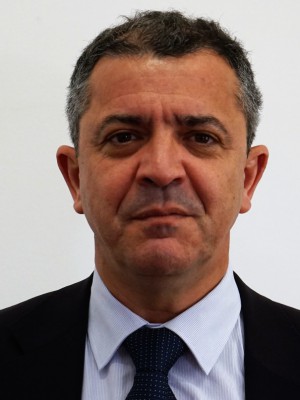resumo
Polyurethanes foams (PUF) are used in a wide variety of applications, therefore the quantity of the PUF residues generated is an ecological and environmental problem. Hence, the concerns about the disposal of PUF scraps can be minimized by their recycling. Although some companies are already using acidolysis as a chemical route, the main degradation mechanisms and chemical reactions involved in this recycling process have received little or no attention. Hence, this study aims at contributing to a better understanding of the reaction path(s) involved in the depolymerization of PU. For that purpose, PU wastes of flexible foams were depolymerized using succinic acid and the reaction was monitored using Fourier-transform infrared spectroscopy (FTIR), nuclear magnetic resonance (NMR) and determination of the hydroxyl number (OHnumber) acid value (AV) and amount of water formed during the reaction. The combination of the information obtained suggests that both thermal degradation and reactions between the succinic acid and the PU take place. Additionally, the reaction time interval where further detailed studies need to be carried out in order to optimize this technology was identified. The ensuing recycled polyols (RP) was used as partial substitute of conventional polyol (up to 20% w/w) in the production of rigid foams which were extensively characterized. The foams obtained presented similar morphology and density compared to those derived from conventional polyol and that the presence of the RP increased the flexibility of the foams produced. Therefore, the suitability of this recycling method of PUF and its subsequent use in the production of new foams was demonstrated, which can enhance the Eco efficiency of these materials.
palavras-chave
WASTE; FOAMS; GLYCOLYSIS; INSIGHTS
categoria
Engineering
autores
Gama, N; Godinho, B; Marques, G; Silva, R; Barros-Timmons, A; Ferreira, A
nossos autores
Projectos
agradecimentos
This work was developed within the scope of the project CICECO-Aveiro Institute of Materials, UIDB/50011/2020 & UIDP/50011/2020, financed by ERDF Funds through Operational Competitiveness and Internationalization Programme -COMPETE 2020 in the frame of the project FlexiRecover -POCI-01-0247-FEDER-003369 and of the project CICECO-Aveiro Institute of Materials, FCT Ref. UID/CTM/50011/2019, financed by national funds through the FCT/MCTES.



